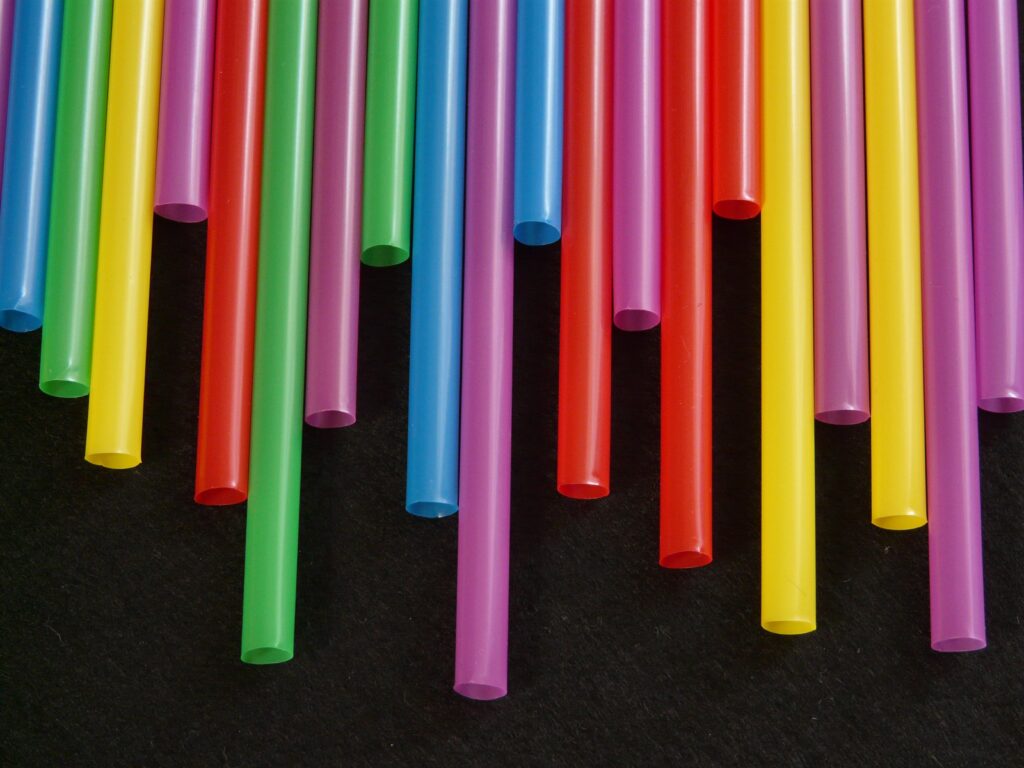5 easy tips for living a plastic-free life
It’s hot, but before you reach for that single-use plastic bottle of water or drinking straw, ask yourself if you’re doing everything you can to work towards a plastic-free planet.
Plastic is everywhere! We all know it, and we often take for granted the convenience and many benefits plastics have brought to our 21st-century lives—but how often do we stop and think about how all those plastics are affecting our health?
Yes, it’s true. In addition to their negative impact on our environment, plastics also have the potential to harm our bodies and our physical health. But it doesn’t have to be that way! There are many steps we can take on a daily basis to reduce our use of and exposure to plastics.
July is the global movement of Plastic Free July! Read on for five easy tips for living a healthier, plastic-free life.
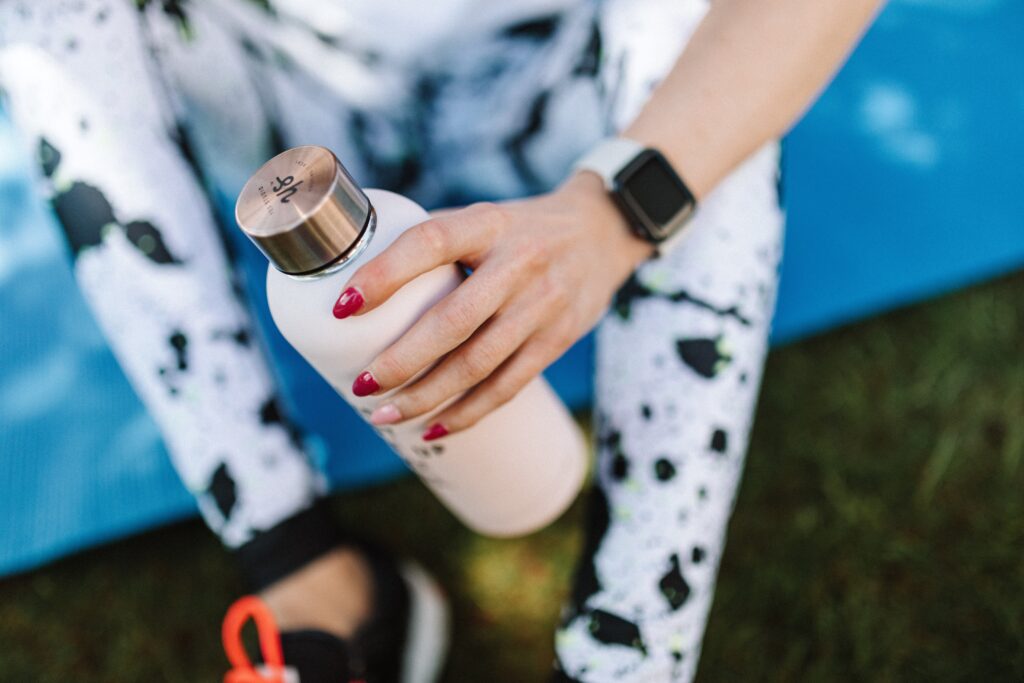
1. Use a refillable glass or stainless steel water bottle.
Many of us may regularly ingest plastics through drinking bottled water. While the true health impact of ingesting plastic particles isn’t fully known at this time, it is thought that some microplastics might be small enough to penetrate human tissue and cause immune reactions, and some plastics may also leach other toxic substances into our bodies. In addition, according to Pebble, water bottled in single-use plastic bottles contains 22 times more microplastic particles than tap water. So simply drinking tap water and using a refillable glass or stainless steel water bottle can lead to small improvements in your health every day.
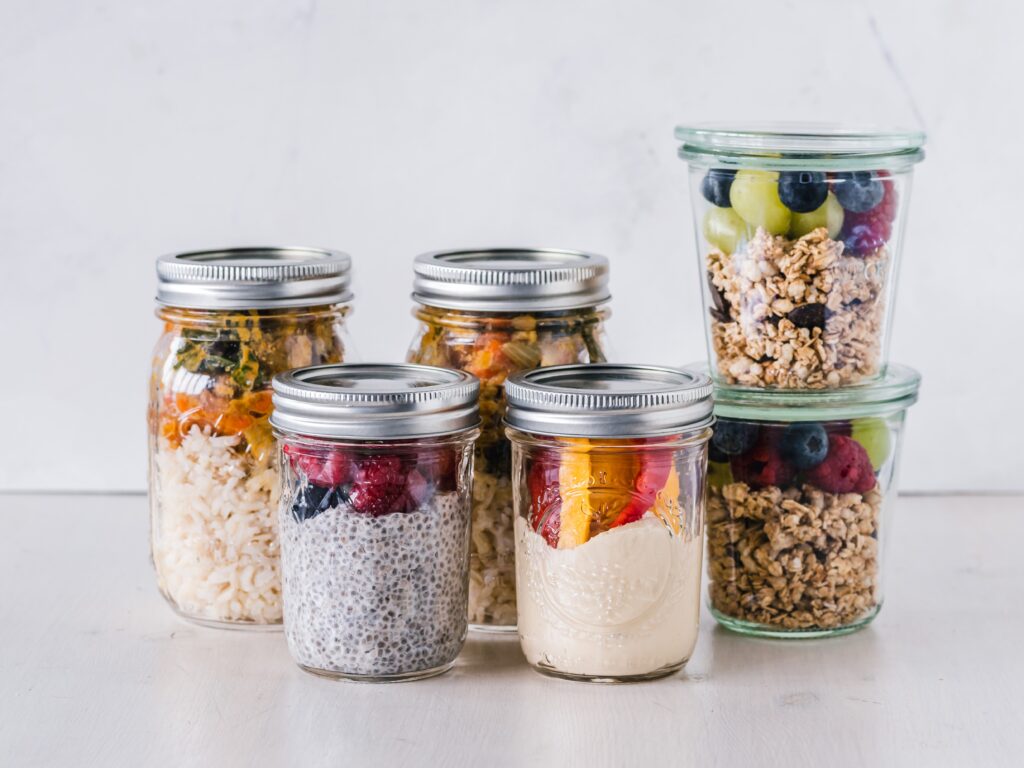
2. Switch from plastic food storage containers to glass or stainless steel.
Ingesting plastics through food has been linked to both IBS (irritable bowel syndrome) and IBD (inflammatory bowel disease). The number of newly diagnosed cases of IBD have been increasing worldwide, especially in countries that are becoming more industrialized. Recent research has linked this spike in gut problems in the Western world to plastics found in food containers. Even plastic containers marked BPA-Free that contain BPS (bisphenol S) or BPF (bisphenol F) may still interact with the food we eat. You may be able to avoid ingesting many microplastics just by using glass or stainless steel food storage containers.
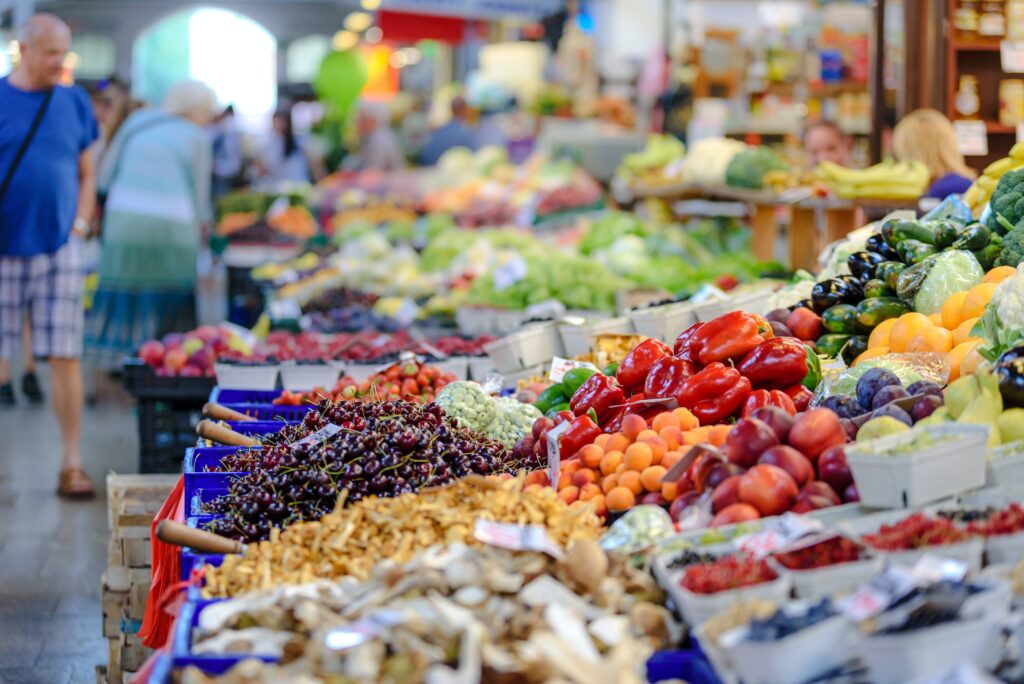
3. Choose organic produce that is free of plastic packaging.
As plastics break down in the environment, they create microplastics, which end up being absorbed by humans, animals, and plants. Estimates suggest that we consume approximately 5g of plastic each week through our food. On our plates, microplastics have been found in seafood, sea salt, honey, and even in vegetables and fruit. You can reduce your exposure to microplastics in your produce by choosing loose fruits and vegetables at the store and using reusable cloth bags to carry your produce as you shop.
4. Switch to refillable products when possible.
As consumers continue to become educated about the environmental and health benefits of nontoxic, plastic-free products, more and more companies are offering these alternatives. Cleaning products and health and beauty products are some of the most common refillable items. For example, you can buy an environmentally friendly refillable bottle once and get a subscription for a concentrated, plastic-free cleaning product refill to be sent regularly to your door. All you have to do is add tap water at home and you’re ready to clean safely!
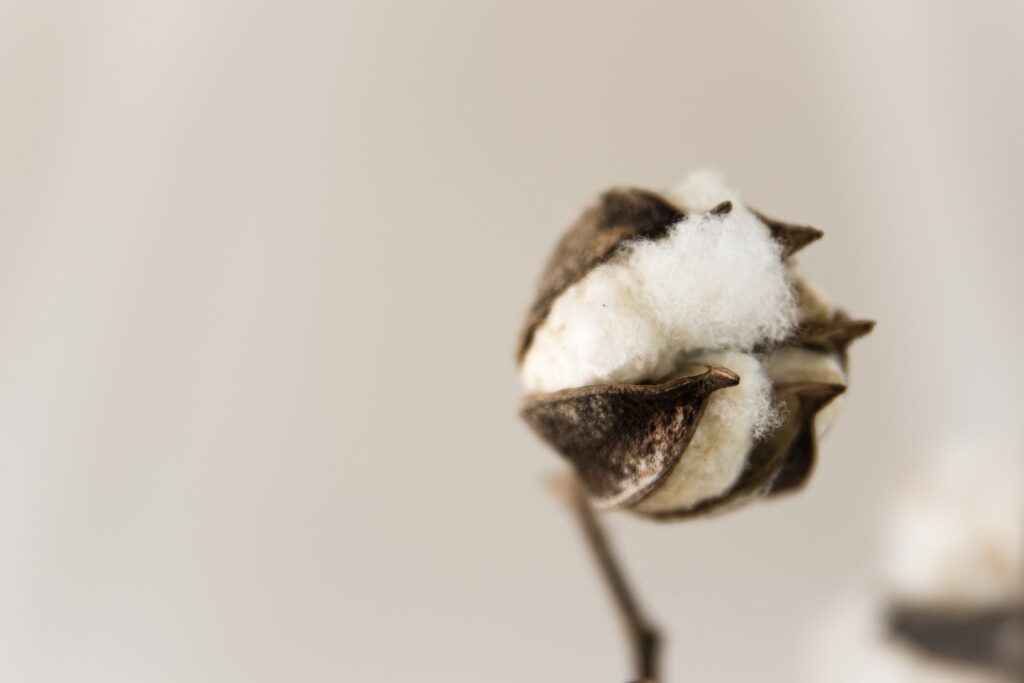
5. Switch to plastic-free menstrual products, like Natracare.
Did you know that plastics in menstrual products may make your periods more uncomfortable?
Your vulva and vagina are two of the most absorbent parts of your body, and period products that contain plastic can make it difficult for your skin to breathe. This can quickly create a sweaty environment for your intimate skin and encourage unwanted bacterial growth. In fact, research among gynecologists in the UK has shown that vulvar itching could be due to contact with synthetic materials in one out of every three women. Consider this: The average pack of conventional pads contains the equivalent of five plastic grocery bags. Also, the average person who wears tampons spends around 7 years of her life wearing one, and plastics simply do not belong there!
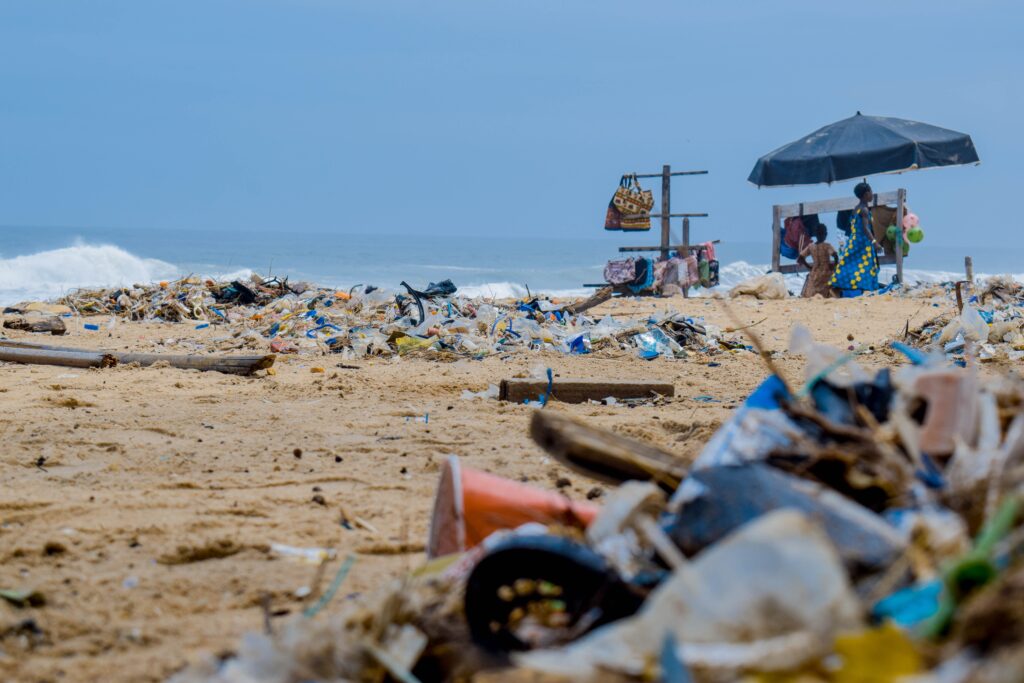
Yes, we all understand that plastic is a continuously evolving material used in virtually every industry today. Plastic has been used to help improve our lives in many ways, not the least of which has been revolutionizing the healthcare industry, including the creation of a wide range of plastic-based medical devices . We have much to be grateful for! What we need to watch out for, however, is becoming so reliant on the convenience plastic can provide that we use it in areas of our lives where it’s simply not needed. In addition, we can educate ourselves and be aware of ways in which plastic can sneak up on us—some plastics are even hidden in plain sight!
Although 20 global corporations are largely responsible for 55% of all plastic waste, there are still many little things each of us can do every day to cut down on our personal use of plastics—habit changes that will benefit the health of both our planet and our bodies. By simply implementing one or more of the five easy tips mentioned above, you’ll be living a healthier, plastic-free life in no time!
This article was supplied courtesy of Natracare.

